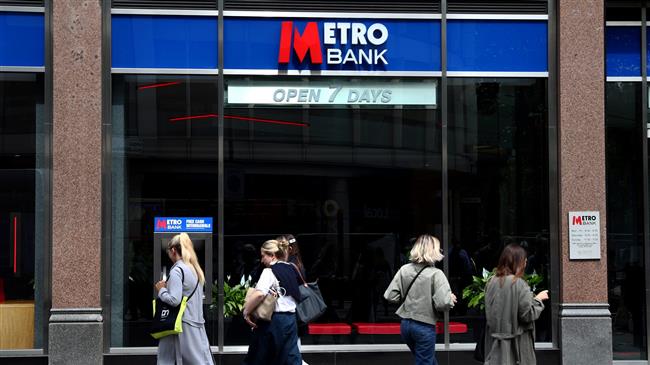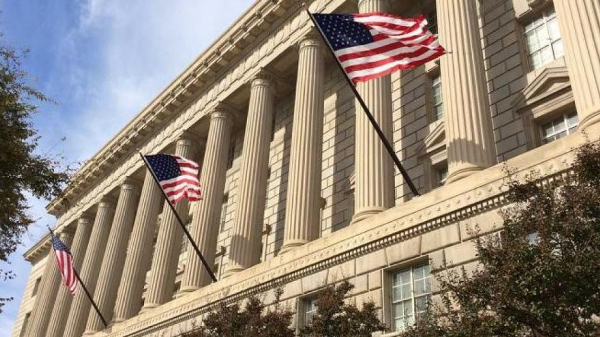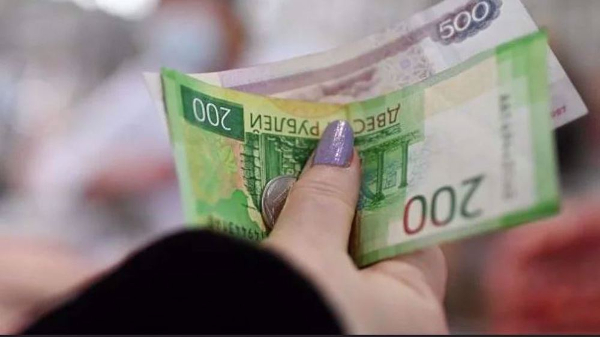
People walk past a Metro Bank in London, Britain, May 22, 2019. (Photo by Reuters)
A group of Iranians is suing troubled British lender Metro Bank for suspending their accounts without notice or explanation.
The group of 17 claimants is seeking at least 1.5 million pounds in damages for being denied access to their accounts and cash between May and September 2019, their lawyers at Ronald Fletcher Baker say.
They include Iranians living in the UK and several UK-based businesses including an engineering firm and a consultancy, the law firm said Tuesday.
Rokhsareh Vahid, a sanctions and banking specialist at Ronald Fletcher Baker, said the clients are all UK residents who did not use their accounts in an unlawful or illegitimate manner.
Metro Bank has not alleged that any of the claimants were involved in any illegal or illegitimate activities and it has released the restrictions on some accounts during this process, which effectively confirms that our clients were not involved in any wrongdoing, she told the Guardian.
As a result of Metro Bank’s decision, the claimants suffered financially and one business was forced to lay off staff after its accounts were restricted for nearly two months, Vahid said.
One can imagine how difficult it would be for individuals to meet their financial responsibilities when their account is suddenly restricted without an explanation and the restriction continues for so long, she said.
Metro is already facing a US class action suit over an accounting blunder involving 900 million pounds of loans between March 2018 and May 2019.
Iranians living in Britain often have to expend great efforts when opening a bank account and many who already have accounts have complained about their accounts being closed.
They say some banks refuse to provide reasons why they close accounts of Iranian nationals, while others mention US sanctions against the Islamic Republic as the main problem.
According to UK law firm Blackstone Solicitors, the bank accounts of Iranians were being closed despite the removal of economic sanctions after the 2015 nuclear agreement with Iran.
The lawsuit by Iranians comes amid reports that the British government is taking a new approach to the payment of an outstanding £400 million debt it owes by to Iran.
Hamid Baeidinejad said on Sunday the two sides were looking at novel ways for the debt to be paid.
It is the first time a UK or Iranian official has admitted in public that talks on the matter are underway, including the possibility of the debt being paid off through medicines and humanitarian goods.
Interviewed by the Iranian newspaper Etemad, Baeidinejad said the previous UK foreign secretary, Jeremy Hunt, had taken a counter-productive, aggressive approach to the issue, but Boris Johnson’s new government was adopting a different line.
Baeidinejad said the size and the interest was agreed between the two parties, and it was natural for discussions to start from how the payment could be made.
The UK says it cannot make the payment since the Iranian ministry of defense, to which the sum is owed, is subject to EU sanctions. Similarly, the pervasive U.S. sanctions make it difficult to make a payment to Iran’s central bank.
Baeidinejad added: The legal process of this long-running case, which has been going on for more than 50 years, is nearing its end. The court has ordered the British government to pay the Iranian debt plus interest, and this cannot be changed. At the same time, the opposing lawyers have tried to use every legal opportunity to delay the practical execution of the court’s decision.
He said: It is natural to come up with ideas for the type of payment as the time comes to pay off the debt, given the complexities and banking problems. The Islamic Republic of Iran also has ideas for expediting the debt. Finalizing the payment method requires a mutual agreement, and talks are underway to determine the details of how the agreements will be implemented.
The debt is related to an arms deal signed during the 1970s. The money was paid by the former Shah of Iran for 1,750 Chieftain tanks and other vehicles, almost none of which was eventually delivered.
Last June, the UK government reached an agreement with Bank Mellat to settle a damage claim brought by the Iranian bank after 10 years of negotiations.
SOURCE: PRESS TV
LINK: https://www.ansarpress.com/english/14765
TAGS:






























 South Korea may punish Tesla
South Korea may punish Tesla 




